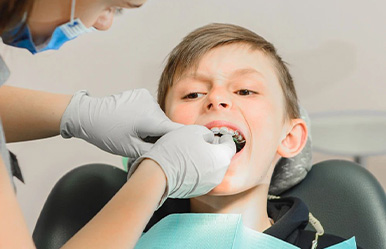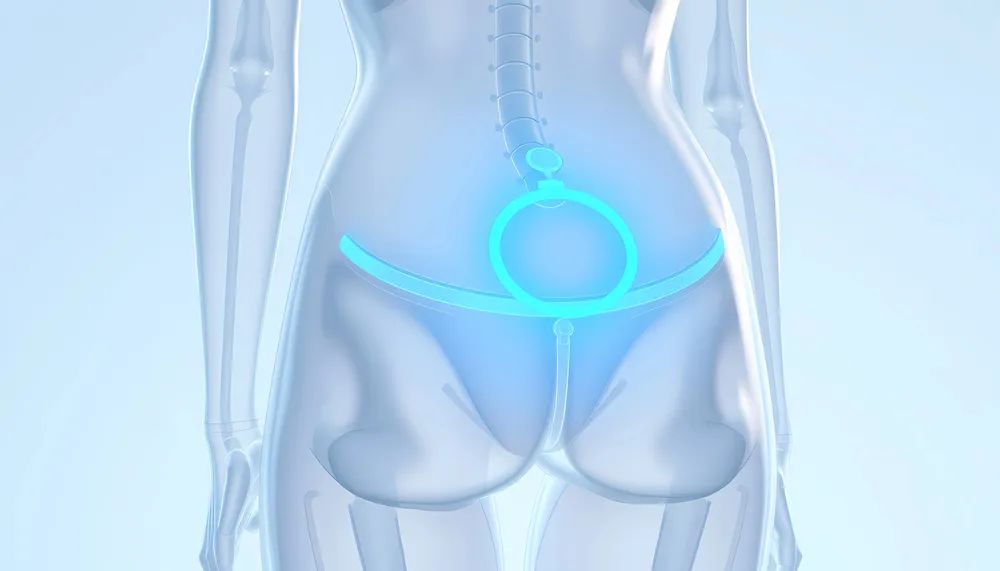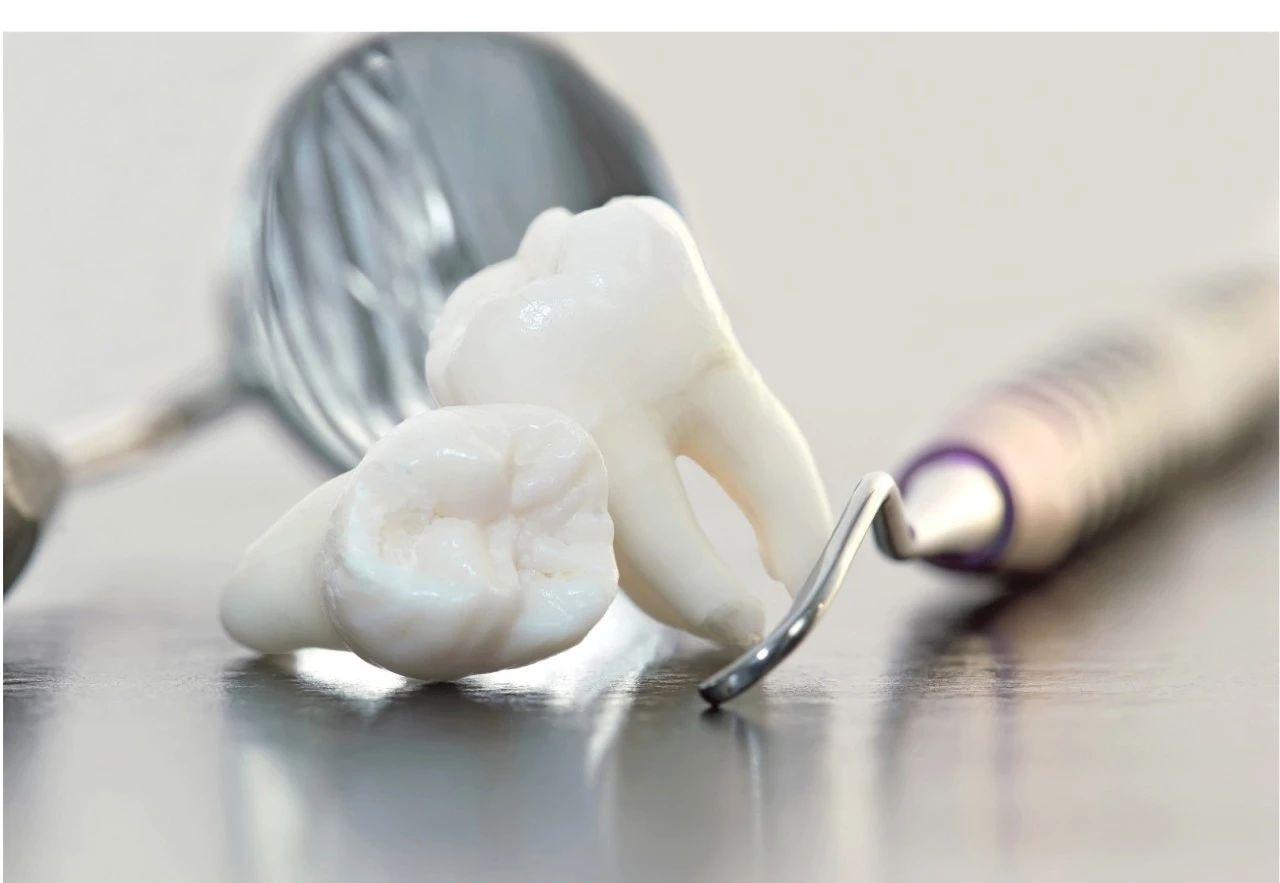Hormone Imbalances and How to Address Them
2020-12-04

Hormones are chemical messengers that control the way your organs and cells function. When they’re unbalanced, your entire body can be affected.
What are hormones?
Hormones are produced in your endocrine glands. They travel through your bloodstream and act as messengers to control things like your metabolism, adrenal responses and even your mood. Fluctuation in hormone levels is normal, especially when your body goes through puberty, pregnancy or menopause. However, if your body consistently produces too much or too little of a hormone, it can make you feel ‘off’ or even very unwell.
Symptoms of a hormonal imbalance

There are many different hormones that affect different parts of your body, therefore, the symptoms of a hormonal imbalance can vary significantly depending on the root cause.
General symptoms include:
• Changes to your skin
• Difficulty concentrating
• Difficulty sleeping
• Digestive issues such as diarrhea and constipation
• Dry nails and hair
• Fatigue
• Headaches
• Increased hunger or thirst
• Irritability, anxiety, depression and mood swings
• Loss of sex drive
• Sudden weight changes (gain or loss)
• Thinning hair and hair loss
Because men and women have different hormone levels, there are also symptoms that affect one or the other.
Men might notice:
• Changes to body and facial hair
• Erectile dysfunction
• Changes to breast tissue (gynecomastia)
• Muscle loss
• Infertility
• Excessive sweating
Women might notice:
• Irregular menstrual cycles
• Excessive body or facial hair
• Cystic acne
• Tender breasts
• Vaginal dryness or atrophy
Causes of a hormonal imbalance
Hormone levels often fluctuate in a cyclical manner, which is why women often experience changes in the bodies and moods every month. This is known as premenstrual syndrome (PMS), and it is completely normal.
True hormone imbalances, on the other hand, can be caused by a number of medical conditions, including:
• Overactive or underactive thyroid glands
• Cushing syndrome, which affects cortisol levels (steroid hormone)
• Diabetes
• Tumors
• Medication
• Hormone therapy
• Polycystic ovarian syndrome
• Stress
• Eating disorders
In women, changes to your reproductive system have a direct effect on your hormones. That is why it is common for women to have significant hormonal fluctuations as a result of pregnancy and childbirth. Post-partum, many women take many months or longer to regain a sense of normality and for their body to function as it did pre-pregnancy.
Your diet and your hormones
Much research continues to be done around the role of diet in balancing hormone levels. Advocates for an eating plan known as “The Hormone Diet” believe that changing your diet can have a big impact on your health. Eating a Mediterranean-style diet including lean meat, fish and proteins, vegetables and fruit, olive oil and other healthy fats, and cutting out processed food, may help you to balance your hormones and improve your overall well-being.
Research suggests you can use food to regulate your hormones by:
• Eating adequate amount of protein (20 – 30g per meal), as it can influence the release of hunger hormones
• Eating moderate amount of carbohydrates and cutting down on refined sugar to better manage your insulin levels and to prevent insulin resistance
• Eating healthy fats to prevent insulin resistance and help suppress appetite
• Consuming fish rich in omega 3 (such as salmon, sardines and mackerel), which can help reduce your level of stress hormones
As much as trying to regulate the hormones themselves, a well-balanced diet can also address some of your symptoms, such as fatigue, or skin and hair health. Consuming fresh and wholesome food will always have positive benefits for your body.
Other treatments for a hormone imbalance
Depending on the cause of the problem, your doctor may offer you:
• Hormone therapy, such as estrogen or testosterone therapy
• Diabetes medication
• The contraceptive pill
• Prescription creams such as estrogen
They might also recommend lifestyle changes, such as quitting smoking or drinking, increasing exercise levels for weight loss, and reducing stress. They may also discuss dietary changes tailored to your specific needs. For women post-partum who may be breastfeeding, medication may not be suitable, so making these subtle lifestyle changes is often the best option.
If you suspect you might have a hormone imbalance, make an appointment to see your doctor.
Copyright: Health Plus an online health and wellness web resource developed by Parkway Singapore
References:
Brito, J. (2017, December 18) Everything You Should Know About Hormonal Imbalance. Retrieved 12/2/19 from https://www.healthline.com/health/hormonal-imbalance#acne
Chang, L. (2008, November 19) Changing Hormones and Mood Swings: What Can You Do? Retrieved 12/2/19 from https://www.webmd.com/women/features/escape-hormone-horrors-what-you-can-do#4
Do You Have a Hormone Imbalance? (2017, November 10). Retrieved 12/2/19 from https://www.webmd.com/women/ss/slideshow-hormone-imbalance
Mikstas, C. (2017, February 6) Hormone Diet Plan Review. Retrieved 12/2/19 from https://www.webmd.com/diet/a-z/hormone-diet
Spritzler, F. (2017, May 15) 12 Natural Ways to Balance Your Hormones. Retrieved 12/2/19 from https://www.healthline.com/nutrition/balance-hormones





























